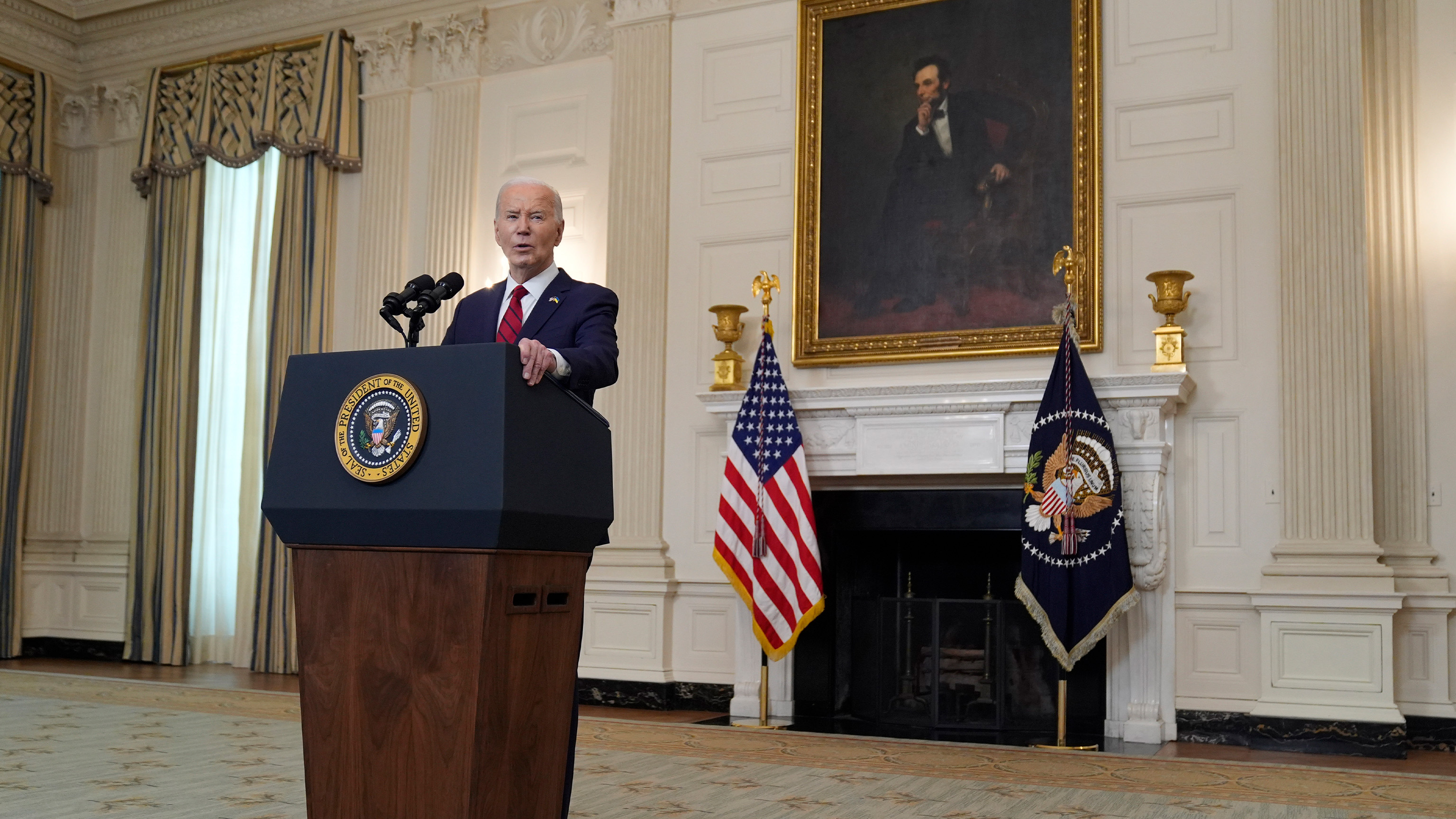Heath Watch: LIBERATE Patients from Emphysema

PITTSBURGH. (KFSN) -- More than four million Americans have emphysema, a chronic lung disease that makes it impossible to take a full breath. Major surgery to remove the damaged part of the lung or a lung transplant used to be the best options for some patients with advanced cases. Now, doctors at 17 sites nationwide are testing a minimally- invasive procedure that may save lives.
Just a few months ago, 58-year-old Cindy Ross found it nearly impossible to care for her tropical birds.
Ross told Ivanhoe, "I could only do it for a few minutes at a time, and then I'd have to come out because I couldn't breathe."
Emphysema had badly damaged her lungs. "I knew it. I knew I was going to die," Ross went on.
With emphysema, patients have difficulty exhaling, so air gets trapped, and the diseased lung stays inflated.
Instead, Frank Sciurba, MD, Associate Professor of Pulmonary and Critical Care Medicine at the University of Pittsburgh Medical Center is testing a minimally- invasive method as part of the LIBERATE trial. Using a bronchoscope, pulmonologists insert tiny valves into the airways.
Dr. Sciurba explained, "They allow air to go out, but not go back into the lobe."
The valves cause the damaged lobe to deflate, and the healthier lobe fills its space. "Patients with the greatest level of heterogeneity, the most destruction in one lobe, are the most responsive," Dr. Sciurba told Ivanhoe.
Cindy had the procedure in August, and since then the breathing machine that used to be always within reach is barely used. "I was doing this four or five times a day. Now I do it once a week, maybe, if that," she explained.
And she doesn't have to think twice about grabbing up her aging toy poodle for a hug. Ross said, "Before, I couldn't walk around with her because I couldn't breathe."
Now she has the strength-and air for lots of love.
Researchers first tested endobronchial valves several years ago in the VENT trial. Dr. Sciurba says the current LIBERATE trial used the lessons learned in the earlier VENT trial to identify which patients are the best candidates for lung valves.









